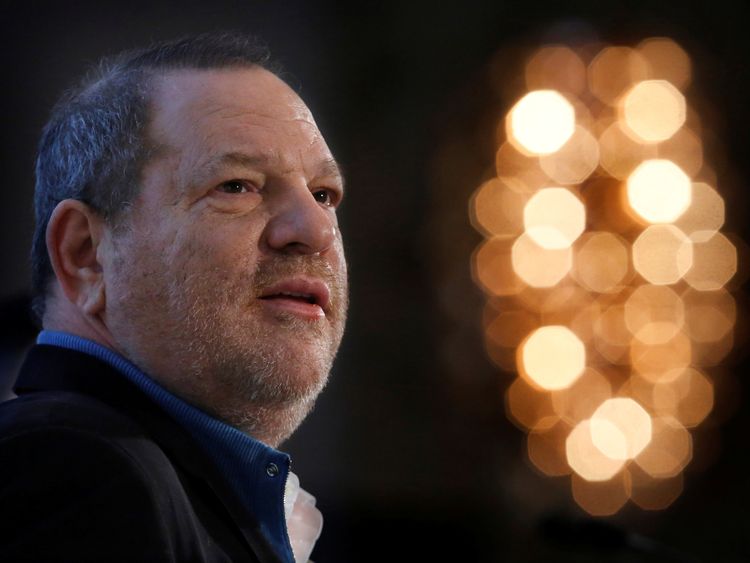Steven Spielberg has said he disagrees with Catherine Deneuve's claim that the Harvey Weinstein scandal has turned into a "witch-hunt" against men.
He said sexual misconduct was not just a problem in Hollywood but it was a "national problem and probably a global problem".
The Oscar-winning director said: "I don't see it as a witch-hunt at the moment – I don't. I'm sorry I don't see it as a witch-hunt – I see it as an imperative."
French cinema icon Deneuve was among about 100 French female writers, performers and academics who have signed an open letter published by the newspaper Le Monde.
It said that campaigns like #MeToo and its French equivalent #Balancetonporc (Call out your pig) that have stemmed from the Weinstein scandal have gone too far and threaten hard-won sexual freedoms.
Spielberg said the harassment scandal was a "watershed moment", with more allegations to come in the future.
The director says what has happened since the scandal broke has been "an epic event".
He said: "This is not just another blip on the news cycle, this is something that isn't just going to be yesterday's news in 24 hours."
Spielberg went on: "This is a watershed moment, and extolling the virtues of women coming forward through tremendous personal sacrifice, using tremendous amounts of courage to speak about what has happened to them yesterday or 40 years ago, it doesn't matter.
"This is something that is going to change everything for the better."
Spielberg commented: "There is always more to come, but the other thing we have to think about is this…Hollywood and celebrity gets a lot of recognition, you can't just think of this as a Hollywood problem, this is a national problem and probably a global problem."
French cinema icon Deneuve, who starred in the 1967 French classic Belle de Jour, attacked the "puritanism" triggered by the recent surge of sexual harassment allegations, arguing men should be "free to hit on" women.
Weinstein denies all allegations of non-consensual sex.

Spielberg's new film The Post is set during the Nixon administration in the 70s but he says it's actually very current and there are many themes which resonate today.
"It reminded me of things that are happening right now, in terms of the media being broadsided by this administration and being labelled with if they're not pleased with the coverage."
"News sources are being labelled fake…or fake news is a new hashtag that's out there these days and I found that, when I read the script, I said Nixon did the same thing but without a twitter account."
The film focuses on the Washington Post's decision to publish the Pentagon papers – secret documents about the Vietnam War which exposed years of government deception which Richard Nixon tried to quash.
The movie also exposes the president's dangerous attitude to the press, something Spielberg says it also very relevant with regard to President Trump.
More from steven spielberg
"I think this administration is very cleverly creating a kind of chaos of confusion, for the purpose of being able to define from their own point of view, what's true and what isn't and that's dangerous because that is very subversive."
The Post stars Meryl Streep as Katharine Graham, the publisher of the Washington Post, and Tom Hanks as Ben Bradlee, the legendary editor of the paper.
[contf] [contfnew] 
Sky News
[contfnewc] [contfnewc]







